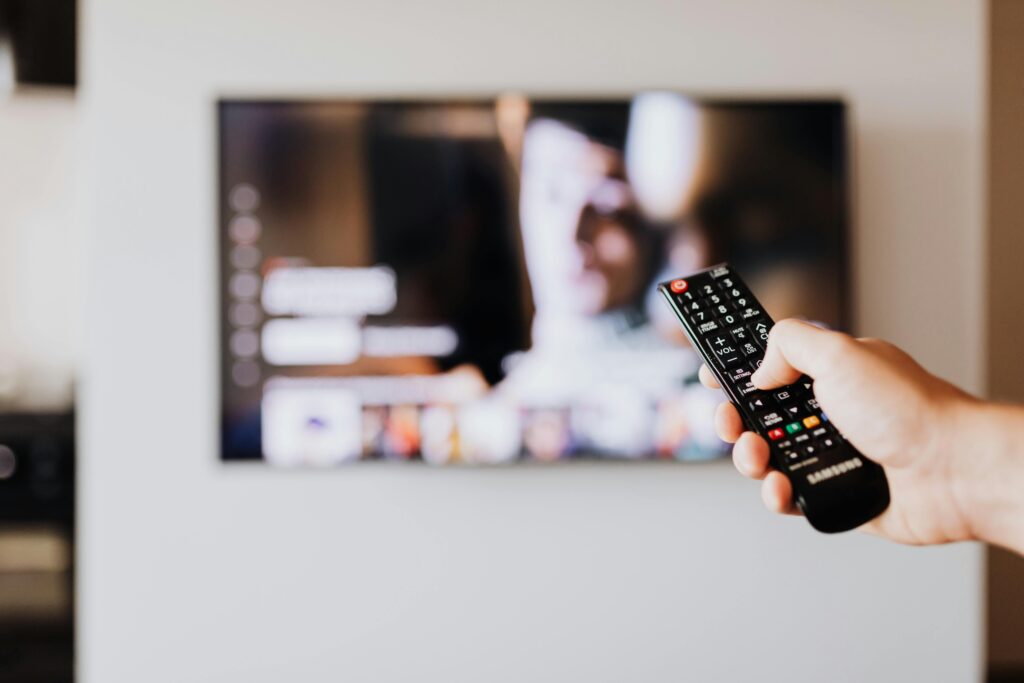You’ve just finished a fantastic TV series, and the credits roll for the last time. A sense of satisfaction is quickly replaced by a familiar question: “What now?” You open your streaming service, and an endless grid of algorithmically curated suggestions stares back. You scroll, you browse, you read summaries, but after twenty minutes, you close the app, having chosen nothing. If this scenario feels familiar, you’re not alone. You’re experiencing recommendation fatigue.
In our hyper-connected world, we are bombarded with choices. The digital landscape constantly pushes suggestions for what to watch, listen to, buy, and even think. Every notification and pop-up presents another micro-decision that drains our mental energy. Sometimes this barrage of options is pure fun—like exploring a new game or capitalizing on a great promotional offer, such as an Ice casino 50 free spins deal appearing in a feed. However, when these constant decisions pile up, the sheer volume can become overwhelming. What was intended to be helpful—a world of options at our fingertips—has become a source of anxiety and paralysis, proving that there can indeed be too much of a good thing.
The Psychology Behind the Overwhelm
The phenomenon of being exhausted by endless options is rooted in a well-documented psychological concept known as the “paradox of choice.” The theory suggests that while some choice is good, an overabundance of it leads to anxiety, indecisiveness, and dissatisfaction. When faced with too many possibilities, our brains struggle to weigh the pros and cons of each one, leading to decision fatigue—a state of depleted mental energy from making too many choices.
This fatigue makes it harder to make any decision, let alone a good one. Instead of feeling empowered by the variety, we feel burdened by the responsibility of making the “perfect” choice. This pressure can turn what should be an enjoyable activity, like picking a movie, into a stressful task.
The Hidden Costs of Constant Suggestions

The consequences of recommendation fatigue extend beyond minor frustration. This continuous state of evaluation can have a noticeable impact on our well-being and our ability to enjoy the choices we eventually make.
Understanding these hidden costs is the first step toward addressing them. Recognizing the patterns of anxiety and dissatisfaction allows us to shift our approach from passive consumption to intentional decision-making.
Decision Paralysis and Anxiety
When the number of options becomes overwhelming, the easiest path forward is often to choose nothing at all. This is decision paralysis. The fear of making the wrong choice—of picking a “bad” movie or a disappointing restaurant—can be so strong that we opt to disengage entirely. This can lead to a cycle of procrastination and heightened anxiety, as the pressure to choose continues to mount.
Diminished Satisfaction
Even when we do manage to make a choice, the paradox of choice can rob us of our satisfaction. With so many alternatives, it’s easy to second-guess our decision. We might find ourselves wondering if another option would have been better, a phenomenon known as “buyer’s remorse.” This constant comparison prevents us from fully immersing ourselves in and enjoying the experience we’ve chosen.
Mindless vs. Mindful Choosing
The key to combating recommendation fatigue lies in shifting from a passive, reactive state to an active, intentional one. Algorithms encourage mindless scrolling, but we can reclaim control by adopting a mindful approach to our choices.
The table below contrasts these two states, highlighting how a simple change in mindset can transform our relationship with recommendations.
A Comparison of Choosing States
|
Aspect |
Mindless Choosing (Fatigued State) |
Mindful Choosing (Intentional State) |
|---|---|---|
|
Source of Choice |
Algorithm suggestions, external prompts |
Personal preferences, trusted recommendations |
|
Goal |
Find the “perfect” option |
Find a “good enough” option that meets needs |
|
Process |
Endless browsing, comparing all options |
Setting clear criteria, limiting options |
|
Outcome |
Anxiety, paralysis, dissatisfaction |
Confidence, satisfaction, enjoyment |
By consciously moving toward a mindful approach, we can reduce the mental load of decision-making and find more joy in our final selections.
Strategies to Reclaim Your Focus

Breaking free from the cycle of recommendation fatigue requires building new habits. By implementing practical strategies, you can reduce the noise and make choices that feel empowering rather than exhausting.
Here are four actionable steps you can take to regain control and make decisions with confidence.
- Set Clear Constraints: Before you start browsing, decide what you’re looking for. Instead of “what’s on TV?” try “I want to watch a comedy that’s under two hours.” Setting specific criteria dramatically narrows the field of options and makes the decision-making process faster and less stressful.
- Limit Your Options: Give yourself a rule of three. Look at only the first three suggestions that meet your criteria and choose from that limited pool. This prevents you from falling down the rabbit hole of endless scrolling and forces a quicker decision.
- Embrace “Good Enough”: Let go of the need to find the absolute best option. The “good enough” principle, also known as satisficing, encourages choosing the first option that meets your minimum criteria. More often than not, a good choice is far better than no choice at all.
- Go Analog and Trust Humans: Step away from the algorithms. Ask a friend for a single book recommendation, listen to a curated radio station instead of a massive streaming library, or visit a local bookstore and ask a staff member for their favorite new release. Human recommendations often feel more personal and trustworthy.
Adopting even one of these strategies can significantly reduce the mental strain associated with daily choices.
Finding Joy in Fewer Choices
In an age that equates more options with more freedom, it’s a rebellious act to recognize that true liberty often comes from having fewer, better choices. Recommendation fatigue is not a personal failing but a natural response to an overwhelming digital environment. By understanding the psychology behind it and implementing mindful strategies, we can tune out the noise and reclaim our focus.
The goal is not to eliminate choice entirely but to approach it with intention. Start small. This week, try applying one of the strategies above to a daily decision, whether it’s picking a dinner recipe or choosing a podcast for your commute. By making conscious choices, you can escape the paralysis of too many options and rediscover the simple joy of a decision well-made.

